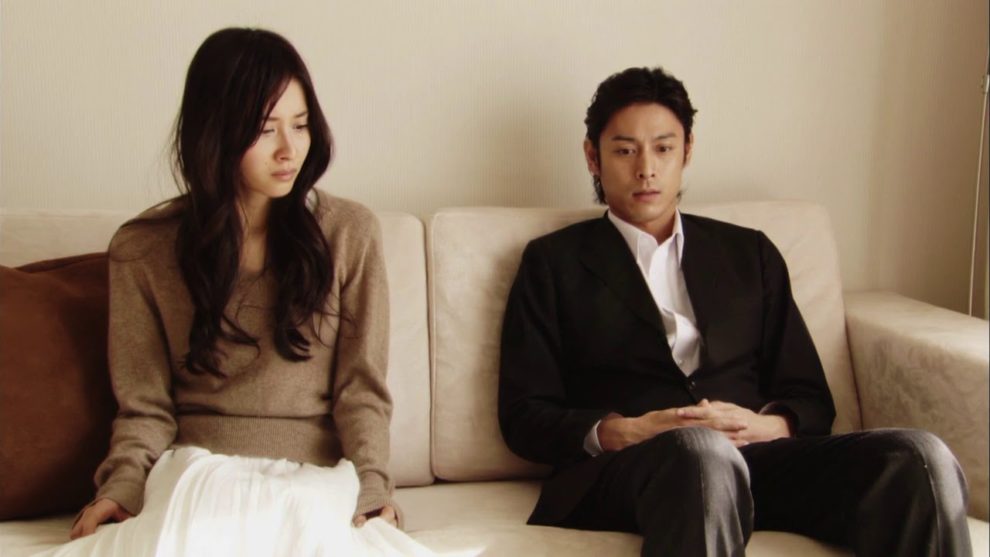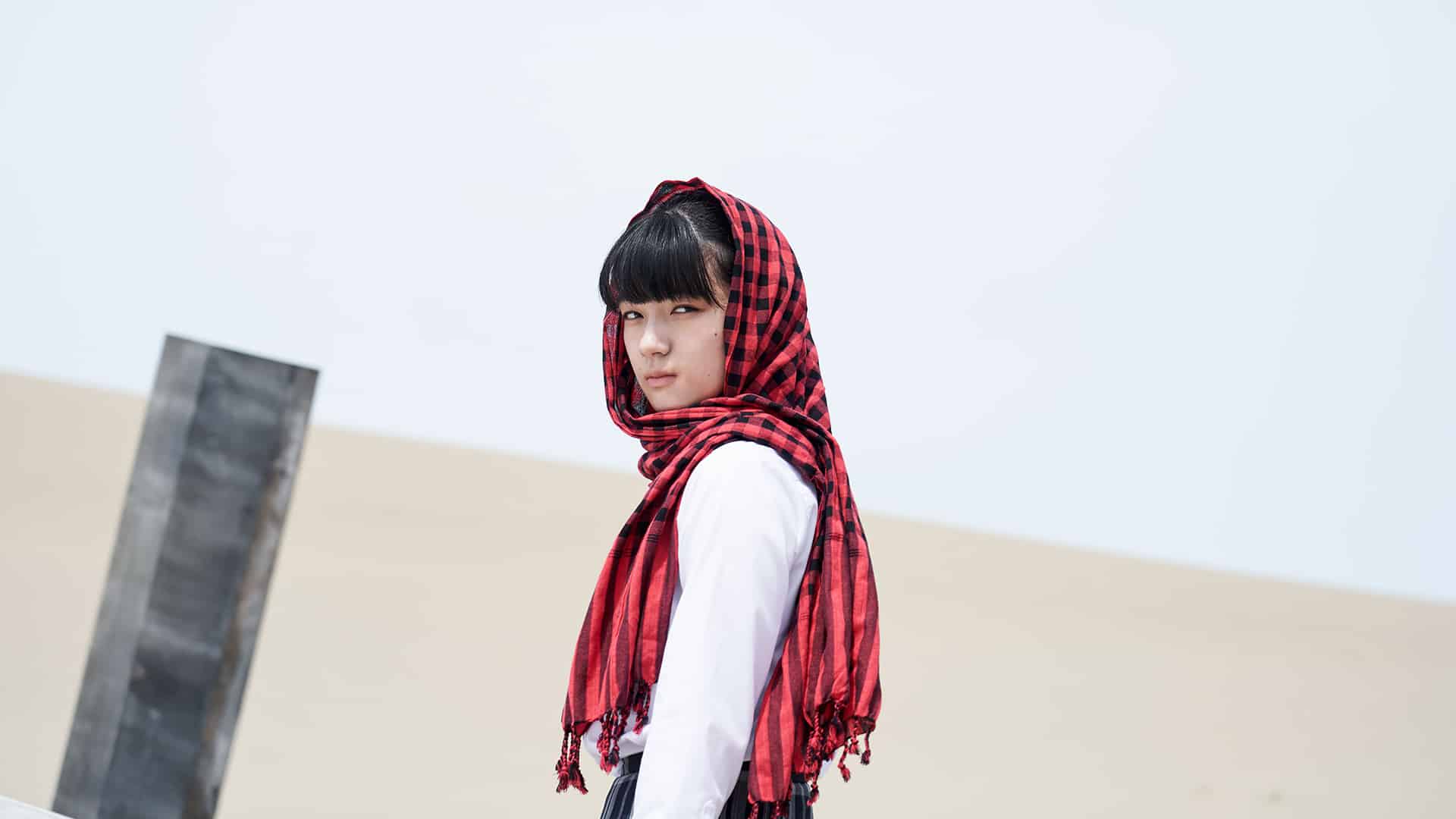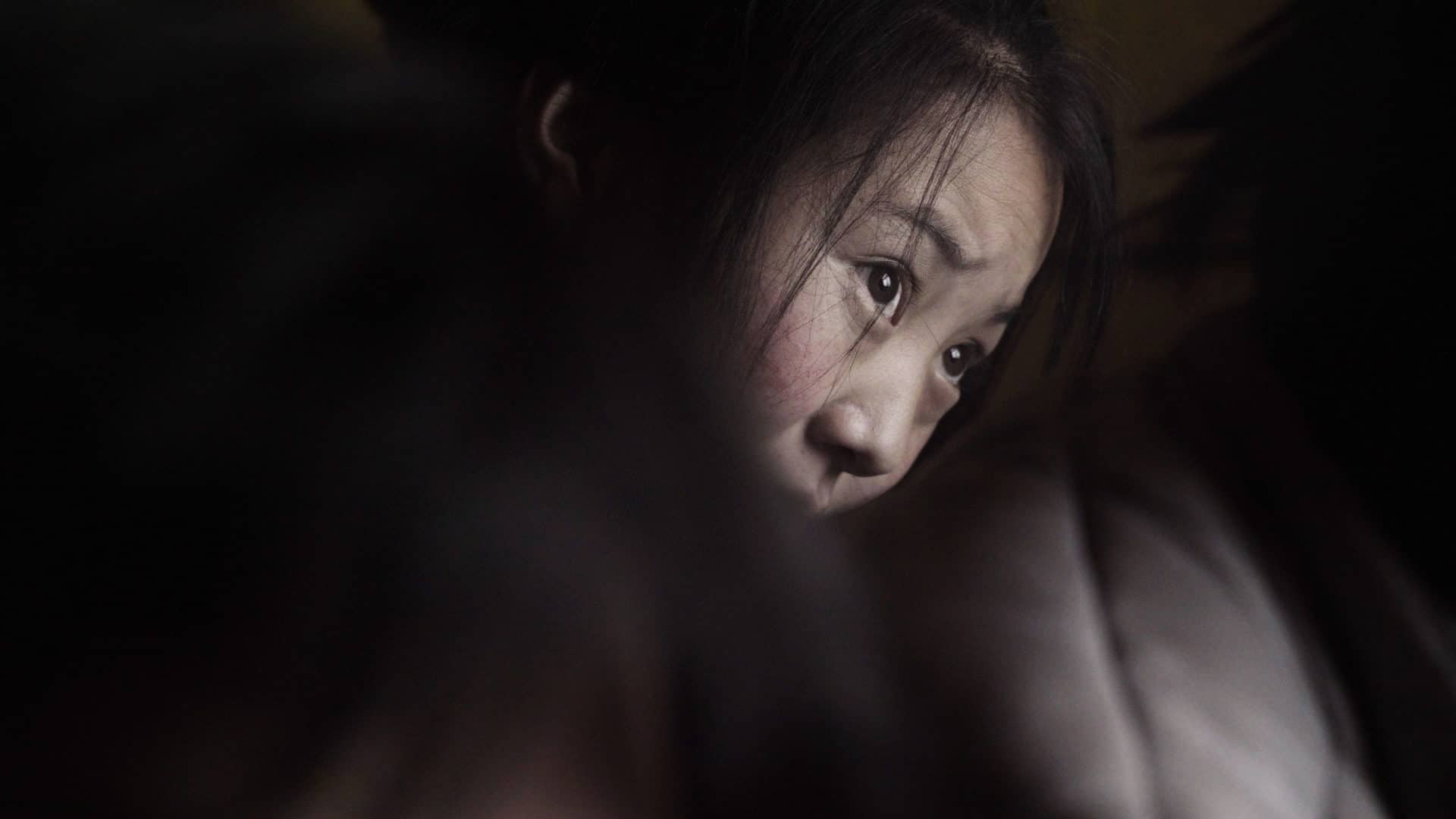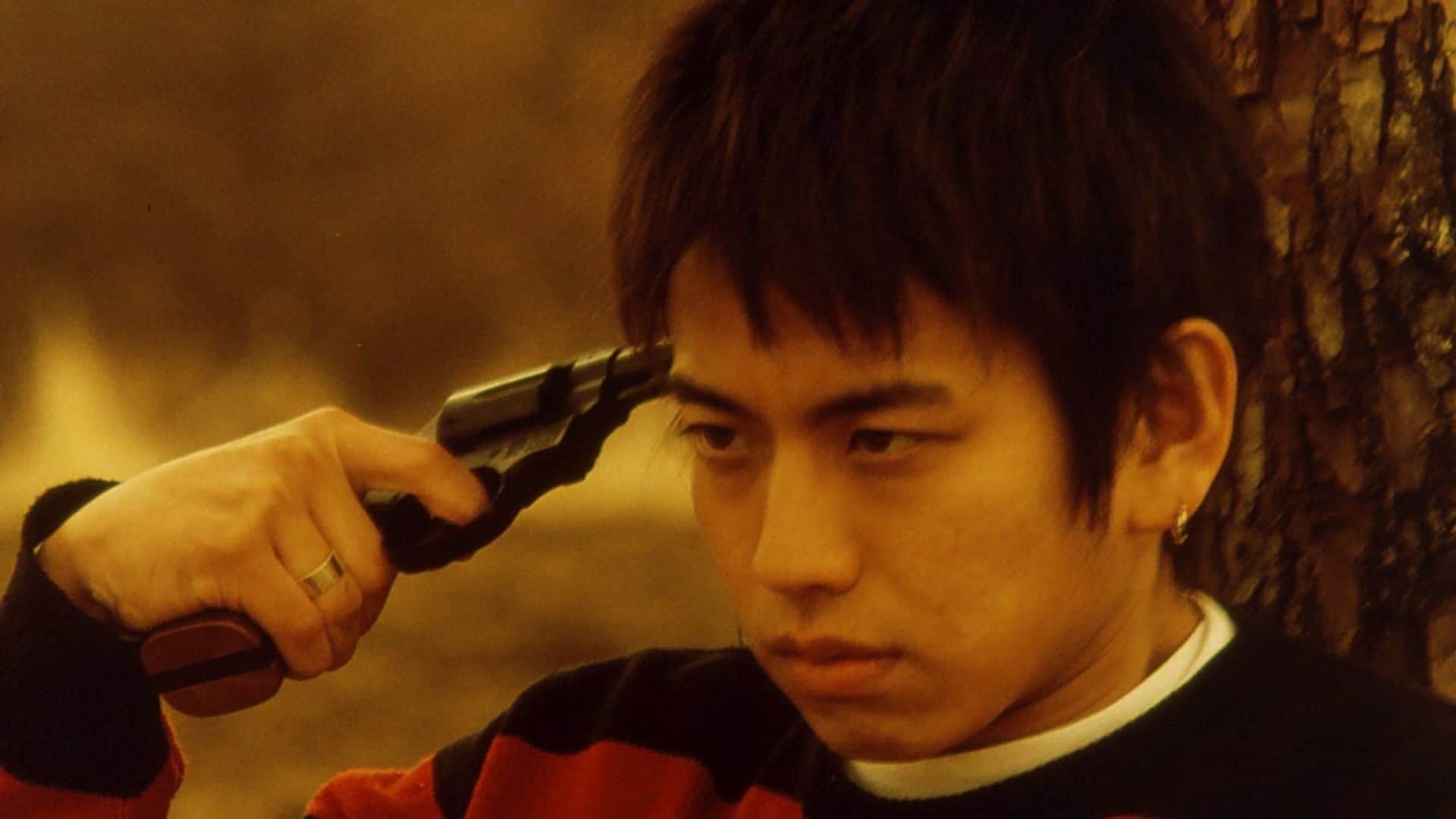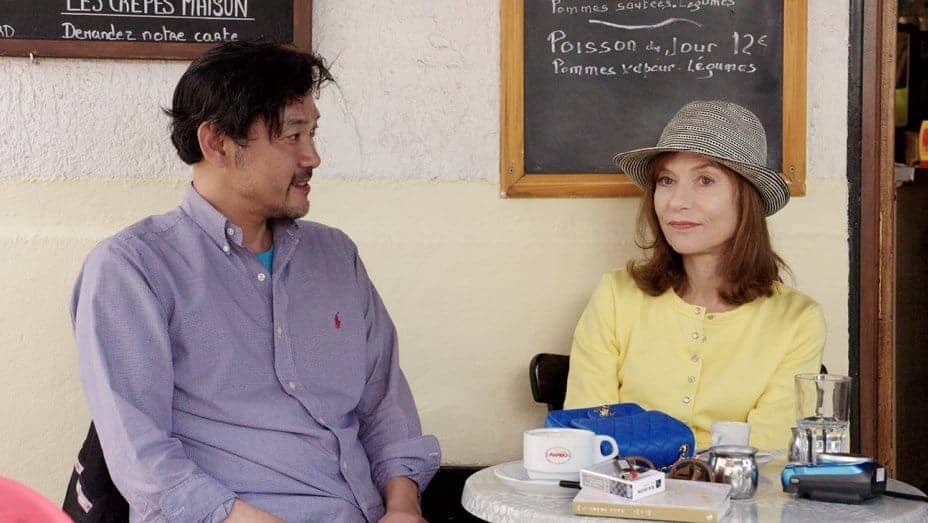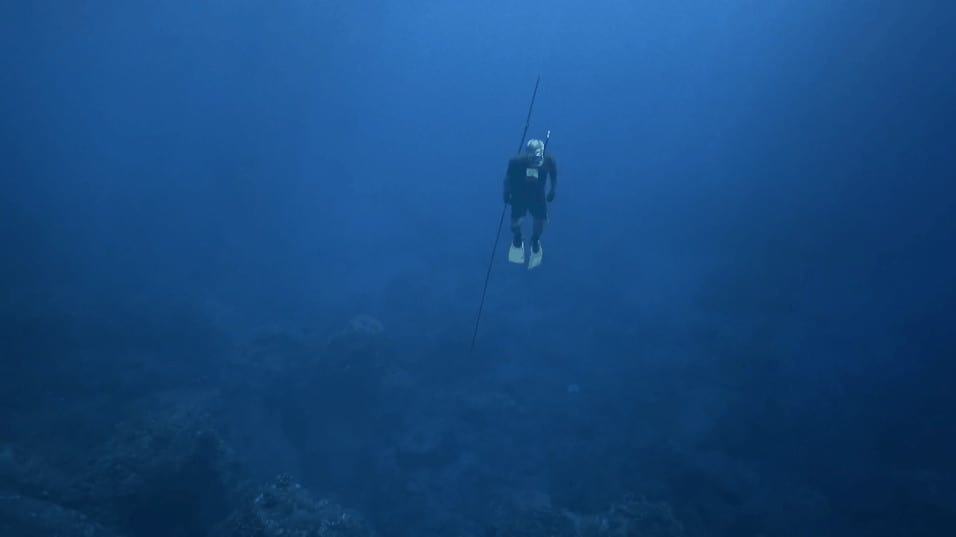Moving into adult life is quite a transition, overshadowed by many obstacles, decisions and changes within yourself, which can often feel soul-crushing and confusing. It is also one of those phases in the life of a person, which has inspired many artists to reminisce about the nature of growing up, how the choices one makes are based on free will or other aspects, such as social pressure or gender expectations. In his second feature, produced as his thesis at Tokyo University of Arts, Ryusuke Hamaguchi's “Passion” tells a story of a group of characters caught in the middle of that period of transition in their lives. It is a movie which not only highlights the director's gift of working with actors, but also his sense of place and time, resulting in a story which is both contemplative and captivating.
“Passion” screened at Close-Up Film Centre as part of their Close-Up on Ryusuke Hamaguchi Programme
A group of friends meets at a Tokyo to celebrate the 29th birthday of Kaho (Aoba Kawai). However, there are other occasions which are also part of the celebration. On the one hand, Kaho's engagement to Tomoya (Ryuta Okamoto), a lecturer at the university, and on the other hand, Takeshi (Kiyohiko Shibukawa) becoming a father. As the night goes on, the women of the group depart to their homes, whereas the three men, Takeshi, Tomoya and Kenichiro (Nao Okabe), decide to have a few more drinks, and ultimately decide to visit their mutual friend, Takako (Fusako Urabe), in order to cheer her up after the recent death of her pet. Their conversations quickly become quite personal, arriving at themes such as their personal goals in life, their happiness and the freedom they experience.
As the group disbands in the early hours of the morning, a number of conflicts have come to the surface. While it has become evident Kenichiro is upset about the Tomoya's engagement to Kaho, there is also an obvious chemistry between him and Takako, which Takeshi has also noticed. While the three men go separate ways in the days to come, the evening has left a foul taste in their mouths, with Tomoya questioning whether marrying is the right decision, and his friend Kenichiro convinced he has to save Kaho from an increasingly toxic relationship.
Even though it follows its characters for a number of days, there is a non-liner structure at the heart of “Passion” whose scenes seem to reflect the change these people go through as well as the consequences of the night they spend together. Freedom, determinism and also the dichotomy of desire and obligation are the center of these encounters, with each character going through a similar process or realization, about the nature of their friendship, their futures and, above all, themselves. While the connection does not seem that obvious at first – especially with scenes like Kaho talking to her students about the link of free will and the decision to inflict violence on others – you have the feeling the narrative is moving towards something, an epiphany or a moment of clarity, which climaxes in an emotionally painful confrontation at the finale.
Many reviewers and commentators have described the parallels between Ryusuke Hamaguchi's cinema and the works by US-American, independent movie legend John Cassavetes. Although many independent dramas produced in Japan have taken a few notes from the master, there is something different about a feature such as “Passion”, whose seemingly improvised nature distracts from a very thoughtful mise-en-scene. Each member of the cast gives quite a captivating performance as people realize the “dead end” they have reached in their lives and the inevitability of making drastic decisions, which is reflected in the transitional spaces they inhabit, from restaurants to alleys. Their personal spaces, the apartments we see in “Passion”, follow a similar logic, emphasizing the emotional cage these people have built over time, and how their relationships have also become elements in that prison.
In conclusion, “Passion” is a remarkable feature dealing with themes like freedom and choices in life. Ryusuke Hamaguchi shows his talent for working with actors and his way of having each element in a scene reflects the emotional state of the characters.


